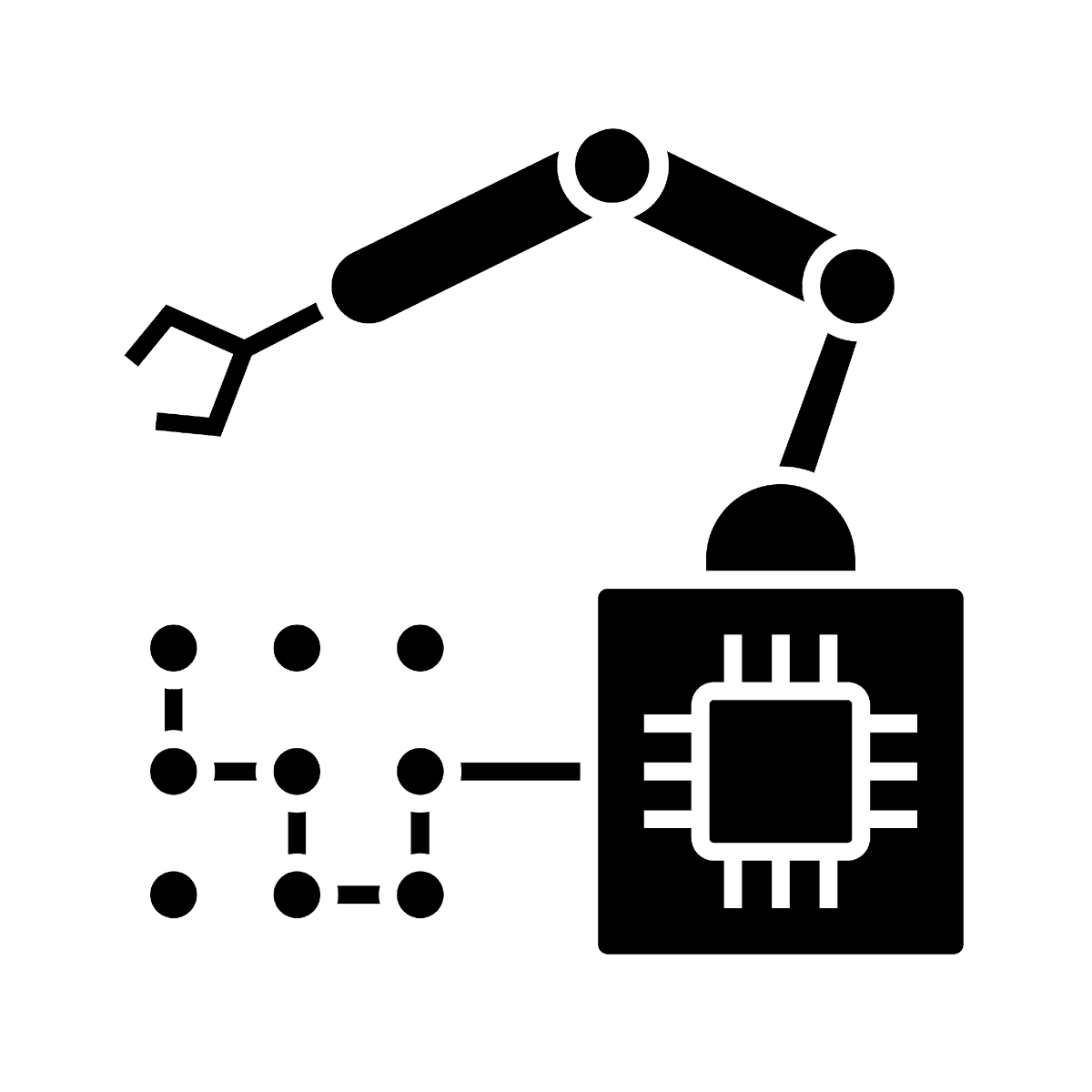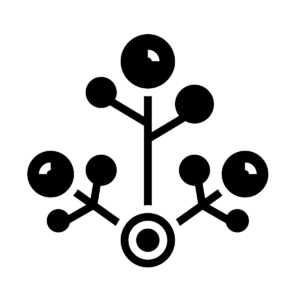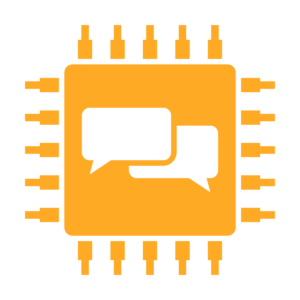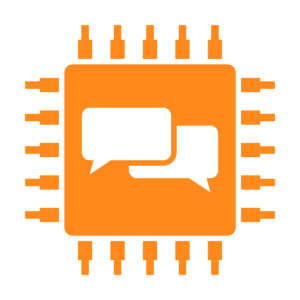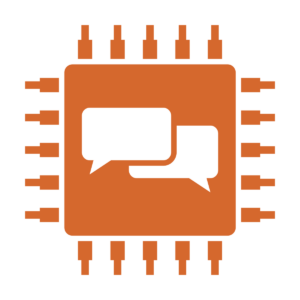All training courses are provided in-house and the courses listed below can be mixed to meet your needs.
Please contact us to discuss what courses would best match your requirements and if you have any questions on specific courses or course categories.
After having spent some time on data preparation, data cleaning, data exploration, and on a survey of the basics of programming, as well as on mathematical and statistical preliminaries, learners are now ready to discuss the general tasks and problems of Statistical Learning (also called Machine Learning). In this course, learners are additionally introduced to their first (unsupervised) learning task: association rules mining.
When it comes to using mathematical and statistical language and formalism, supervised learning slots into a role akin to that played by physics: complex, yes, but quite well-suited to the language and with a long history of applications. Unsupervised learning (such as clustering) is more similar to biology: it has not been studied with the same formalism and to the same extent, because it is, quite simply, harder to do so (not in the sense that the algorithms are too complicated, but in the sense that their results are harder to validate). Interest in those methods is increasing, however. In this MCT, we discuss the basics of clustering and tackle some of its issues and challenges. We also introduce k-Means, hierarchical clustering, and discuss clustering validation.
Supervised learning tends to be easier to set-up than unsupervised learning, given the general clarity of the questions that are tackled and the ease with which we can evaluate a model’s performance. In some sense, classification and value estimation (regression) are the quintessential machine learning tasks; more so than unsupervised learning methods. In this course, we discuss the basics of classification, and some its issues and challenges. We also introduce decision trees, naïve Bayes classifiers, and discuss performance evaluation.
The methods of supervised and unsupervised learning can be applied to data that arises in non-numeric or non-categorical formats, such as text or images. The challenge there is often to find a way to transform the unstructured data into structured objects that can be fed into classification or clustering algorithms, say. In this course, we discuss the intricacies of preparing text data for analysis.
The methods of supervised and unsupervised learning can be applied to data that arises in non-numeric or non-categorical formats, such as text or images. The challenge there is often to find a way to transform the unstructured data into structured objects that can be fed into classification or clustering algorithms, say. In this course, we discuss text classification and sentiment analysis.
The methods of supervised and unsupervised learning can be applied to data that arises in non-numeric or non-categorical formats, such as text or images. The challenge there is often to find a way to transform the unstructured data into structured objects that can be fed into classification or clustering algorithms, say. In this course, we discuss the myriads way text data can be visualized.
The methods of supervised and unsupervised learning can be applied to data that arises in non-numeric or non-categorical formats, such as text or images. The challenge there is often to find a way to transform the unstructured data into structured objects that can be fed into classification or clustering algorithms, say. In this course, we discuss the basics of natural language processing.
The methods of supervised and unsupervised learning can be applied to data that arises in non-numeric or non-categorical formats, such as text or images. The challenge there is often to find a way to transform the unstructured data into structured objects that can be fed into classification or clustering algorithms, say. In this course, we discuss other applications of natural language processing: named-entity recognition, semantic parsing, summarization, etc.
The methods of supervised and unsupervised learning can be applied to data that arises in non-numeric or non-categorical formats, such as text or images. The challenge there is often to find a way to transform the unstructured data into structured objects that can be fed into classification or clustering algorithms, say. In this course, we discuss topic modeling.
To be comfortable with machine learning, learners need some knowledge of a number of mathematical disciplines, including statistics, linear algebra, multi-variable calculus, and mathematical modelling. This course provides learners with a high-level survey of some of the fundamental concepts of these disciplines, focusing on a few key topics in each. The goal of the course is to orient the learner towards these disciplines and concepts, to allow for future in-depth learning.
This half-day workshop provides participants with an introduction to:
- The foundational components of AI and ML.
- Business functions (processes, etc.) typically involved in AI/ML projects.
- Hardware and software requirements and resources needed for AI/ML projects (staff, equipment, expertise), including some discussion of API supporting technologies and data.
Where possible, relevant government examples will be used to illustrate these topics, and during the workshop there will be additional discussion with workshop attendees about where AI could usefully be applied in their work contexts.

